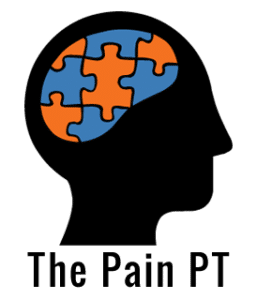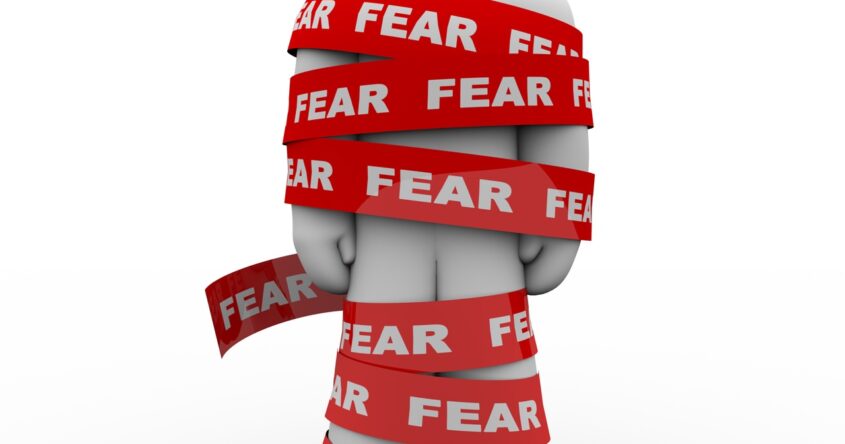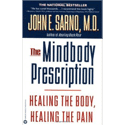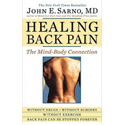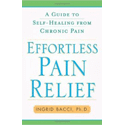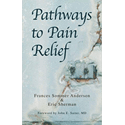Kinesiophobia and Chronic Musculoskeletal Pain
Title of this 2019 review study from the British Journal of Sports Medicine is: ‘Role of kinesiophobia on pain, disability and quality of life in people suffering from chronic musculoskeletal pain: a systematic review.’
Kinesiphobia is a fear of movement and ‘is defined as an excessive, irrational and debilitating fear to carry out a physical movement, due to a feeling of vulnerability to a painful injury or reinjury.´ I see kinesiphobia in a lot of my patients with chronic pain. This review study comprised 63 studies with over 10,000 people so there is a lot of data supporting the results. Below is an excerpt from the authors about the data which sums it up quite well.
‘Fear is a basic emotion, which appears as a reaction to a specific, identifiable and imminent threat (eg, a fall). It is constituted by three components: interpretation of the stimulus as threatening, increased sympathetic arousal and defensive behaviour. Escape behaviours are a defensive and adaptive response to stimulus (eg, pain) in the short term (acute phase), and they can reduce fear levels.
‘However, in the long term (chronic phase), this avoidance activity can become maladaptive. People with CMP (chronic muscuolskeletal pain) are presumed to develop kinesiophobia. They often avoid activities which are assumed to provoke a real or potential injury/reinjury, developing in turn, further physical inactivity. This fear to carry out certain movements can cause a negative vicious cycle where people with CMP show greater levels of pain, disability and emotional distress, and as a result, poor quality of life.’
‘Our results support this statement as we identified moderate and strong evidence of associations between a greater degree of kinesiophobia and greater levels of pain, greater levels of disability and poorer quality of life and in addition, moderate evidence that a greater degree of kinesiophobia is a predictor of the progression of disability over time.’
